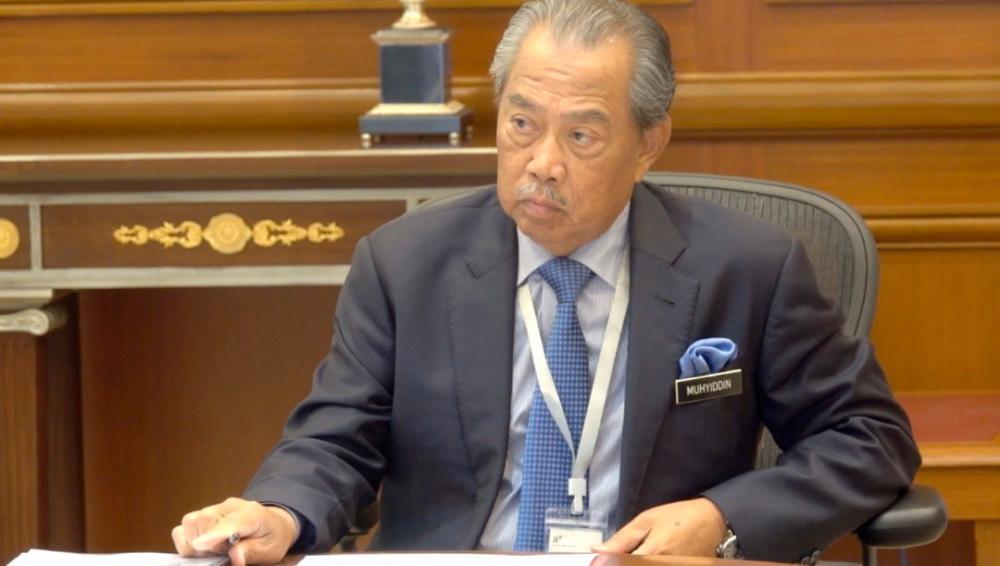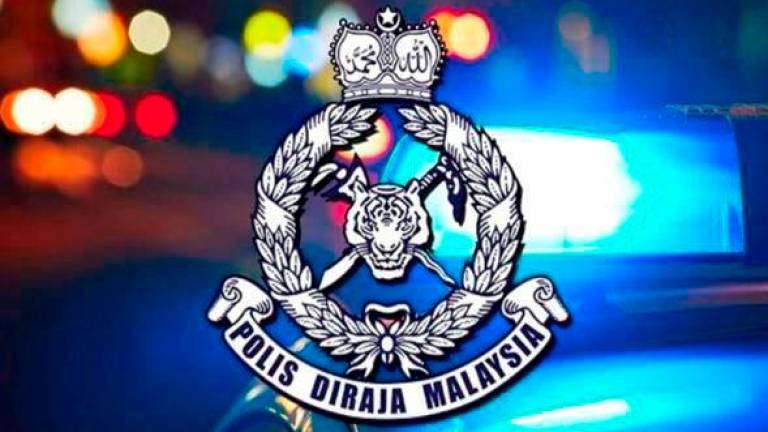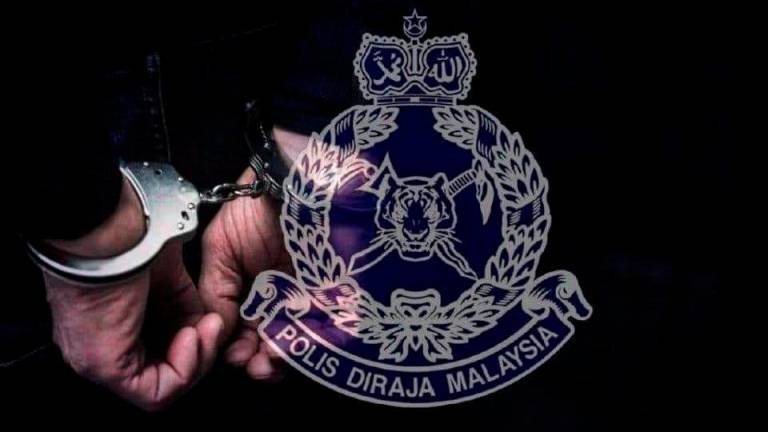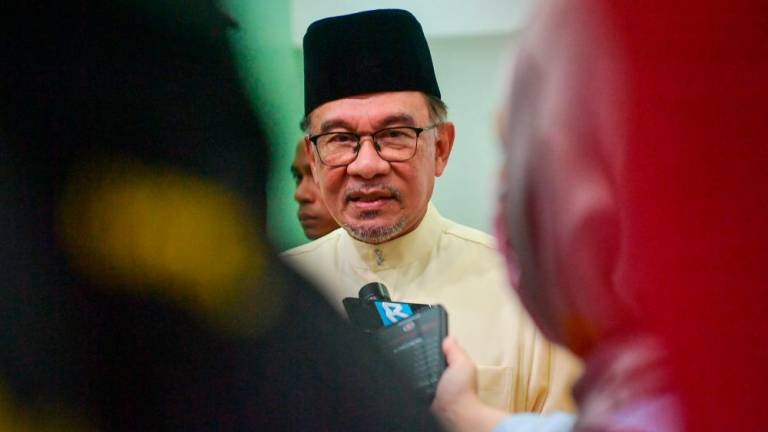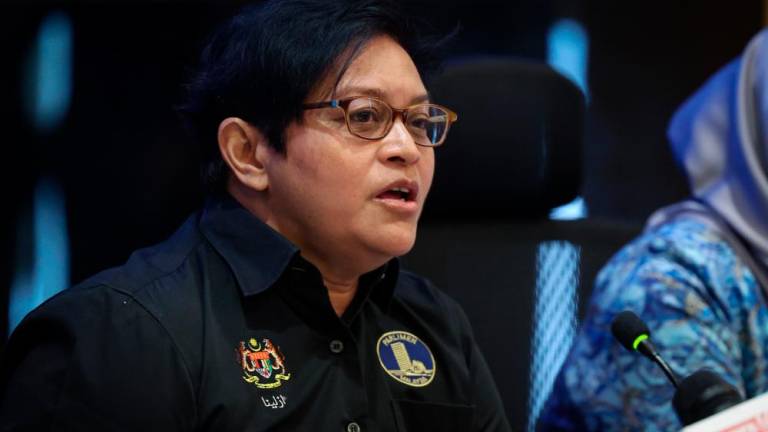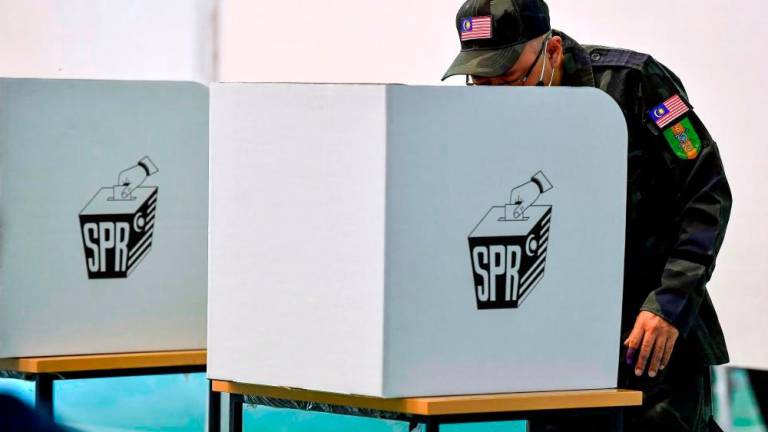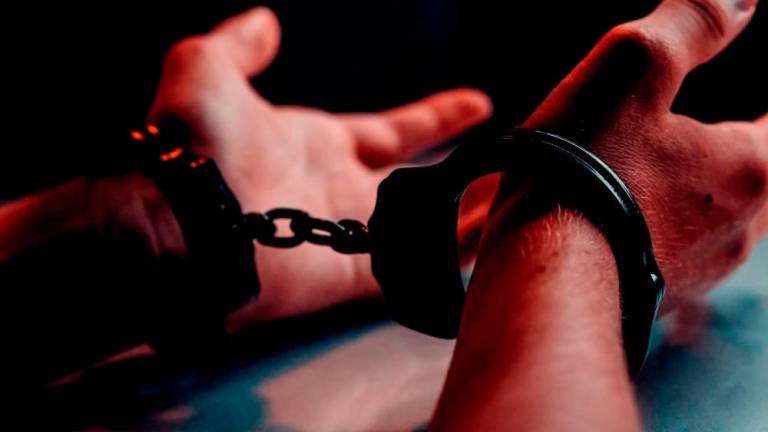PUTRAJAYA: Prime Minister Tan Sri Muhyiddin’s (pix) decision to be the first to receive the Covid-19 vaccine is to boost public confidence over its safety and effectiveness.
Science, Technology and Innovation (MOSTI) Minister Khairy Jamaluddin said a risk assessment had also found that Muhyiddin’s duties as head of government and as a politician exposed him to the risk of being infected with Covid-19.
“There are still some who are sceptical although the vaccine has been tested on tens of thousands of people worldwide, in fact, some 100 million people have received their shots with no reported serious side effects,” he said at a media conference on the Covid-19 Immunisation Task Force (CITF) today.
Khairy said Muhyiddin had also obtained permission from his personal doctor to receive the Covid-19 vaccine, which is scheduled to take place on Feb 26.
He said Muhyiddin had also received some feedback on the vaccine from President Joko Widodo (Jokowi) during his recent visit to Indonesia.
“Jokowi said that when he received the Sinovac vaccine, he did not feel anything, only slight tiredness,” he said.
On the type of vaccine the people were expected to receive, Khairy said the government’s policy was that any vaccine approved by the National Pharmaceutical Regulatory Agency (NPRA) is deemed safe and effective.
“In that sense, you won’t be able to choose your vaccine. You will be allotted a time, place and date for your appointment, and whatever vaccine is available there, I assure you (it) will be a safe and efficacious vaccine,“ he said.
Meanwhile, he said MOSTI would work with the Home Affairs and Human Resources ministries on the vaccination plan for foreigners.
“For documented foreign workers, we are working together with their employers to ensure they (employers) can furnish us details so that we can make an appointment for them to receive the vaccination efficiently and comfortably.
“For undocumented foreign workers, we will reach out to international organisations, civil society organisations and non-governmental organisations (NGOs) in assisting us to bring them out and to get them vaccinated with the assurance that we will not detain them.
“For refugees, we have to work with the international organisations like the United Nations High Commissioner for Refugees (UNHCR) and NGOs on how we can reach out and secure vaccination for them,“ he said.
Khairy said MOSTI would also collaborate with NGOs, community leaders and opinion leaders in reaching out to communities which may not have access to information such as Orang Asli settlements.
“We will need them (NGOs and community leaders) to assist us in reaching out to these areas and help us to register these communities.
“We also need them to assist us in increasing vaccine confidence. We can have a communication plan at the national level but advocacy for those on the ground is very important (because) we need to vaccinate as many (people) as possible so that we (are) all safe,“ he said. — Bernama



